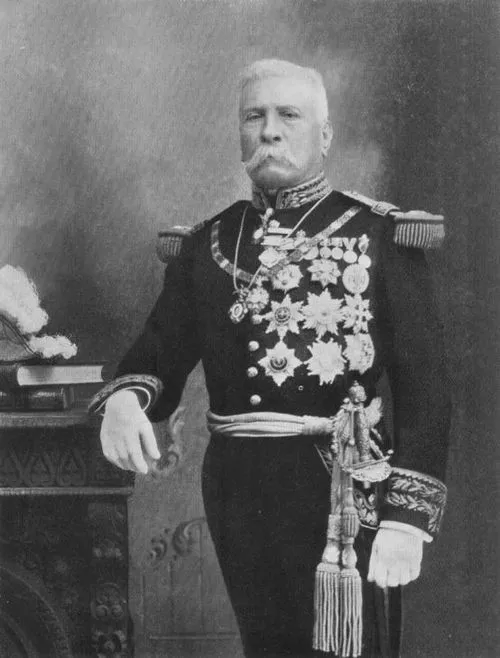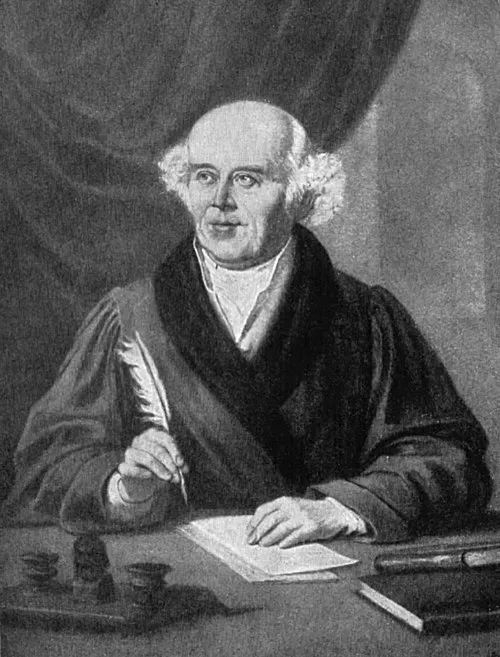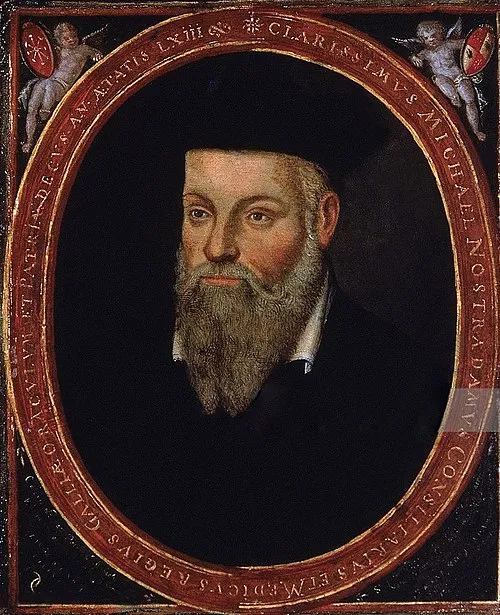
Full Name: Ernest Hemingway
Birth Year: 1899
Death Year: 1961
Nationality: American
Profession: Novelist, short story writer, and journalist
Notable Award: Nobel Prize laureate
1961 – Ernest Hemingway, American novelist, short story writer, and journalist, Nobel Prize laureate (b. 1899)
In the tapestry of American literature, few figures loom as large as Ernest Hemingway. Born in 1899, he entered a world on the cusp of profound change a world that would shape his writing style and worldview in ways both stark and beautiful. Raised in Oak Park, Illinois, Hemingway was not just a boy but a future icon steeped in the complexities of family dynamics and societal expectations. His father was a physician who instilled traditional values, while his mother expressed her artistic inclinations through music and visual arts. Ironically, these contrasting influences would lay the groundwork for both his storytelling prowess and personal struggles.
As he transitioned into adulthood, Hemingway found himself caught in the turmoil of World War I. He volunteered as an ambulance driver for the Red Cross on the Italian front a decision that would become a crucible for his creative spirit. During this time, despite facing life-threatening injuries from an exploding mortar shell ironically leaving him with an indelible scar he discovered that trauma could transform into art. His wartime experiences influenced works like "A Farewell to Arms," which explored love against the backdrop of conflict.
Post-war America saw him channeling those experiences into writing; however, it wasn’t until he moved to Paris in the 1920s that he truly honed his craft amidst fellow expatriates such as Gertrude Stein and F. Scott Fitzgerald. In this vibrant literary enclave brimming with intellectual discourse Hemingway's minimalist style began to flourish. Perhaps it was during evenings spent at cafés like Café de Flore where he forged connections with influential writers who would inspire him throughout his career.
His debut novel "The Sun Also Rises" emerged from this fertile ground in 1926, capturing a generation disillusioned by war yet yearning for meaning amidst chaos. The irony lies in how these expatriates sought purpose while simultaneously being haunted by their pasts; they were “the lost generation.” Who knows how many readers felt echoes of their own struggles within Hemingway’s poignant prose? Yet fame did not come without its burdens: "For Whom The Bell Tolls" further solidified his place among literary giants but also deepened the complexities within him straddling glory and despair.
The 1930s brought success alongside personal turmoil as he grappled with failed marriages and inner demons fueled by alcoholism a theme prevalent even amongst celebrated artists struggling under similar shadows! He often sought solace through outdoor adventures: big-game hunting trips or fishing excursions became interludes between bouts of writing genius arguably reflecting both escapism and inspiration drawn from nature’s raw beauty.
World War II heralded another turning point; Hemingway returned to journalism covering events directly on European battlefields a role reminiscent yet distinct from previous experiences during World War I. This immersion provided fresh material leading into works like "Across The River And Into The Trees," which blended fiction with firsthand accounts delivering visceral truths about humanity's fragility amid war’s violence.
The weight of expectation mounted steadily upon him a relentless pursuit expected from one hailed so widely! Critics often debated whether later novels captured earlier brilliance... Nevertheless, accolades continued pouring forth culminating ultimately at Stockholm where Nobel Prize laureates awaited annals tracing their legacies forever etched within history books!
However… beneath all those accolades lay fragile foundations shaking under personal strife! As age crept upon him like shadows at dusk the man revered worldwide struggled internally battling depression compounded by alcohol dependency as many fans continued celebrating literary triumphs often unaware to confront darker aspects lurking beneath surface achievements!
The Twilight Years
The final chapter unfolded far too soon when tragedy struck on July 2nd: Ernest Hemingway took his own life at age sixty-one! Despite achieving tremendous heights professionally marked alongside enduring influence shaping modern literature the lingering question resonates poignantly across generations echoing concerns about mental health challenges faced universally today!
A Lasting Legacy
As readers ponder over what might have been had different choices transpired… Imagine if only deeper understandings regarding mental well-being prevailed during mid-20th century discussions surrounding creativity? Could it have altered narratives unfolding behind closed doors? Historians recount that decades later society continues grappling with complex mental health issues whilst recognizing vulnerability doesn’t diminish artistry it simply enriches perspectives illuminating humanity’s multifaceted nature!
An ironic twist exists today: even after years spent shrouded within obscurity following death Hemingway remains relevant more than ever among younger audiences diving deeper into themes resonating profoundly still today... Social media platforms celebrate quotes inspiring countless individuals aiming explore facets reflecting resilience perseverance embedded within human experience much akin living through challenges faced along life's unpredictable journey onward!
"There is no friend as loyal as a book." This quote encapsulates sentiments uniting generations bridging gaps spanning time transcending physical distance resonating vibrantly wherever seekers gather eager uncover truths woven intricately throughout pages awaiting discovery evermore...









